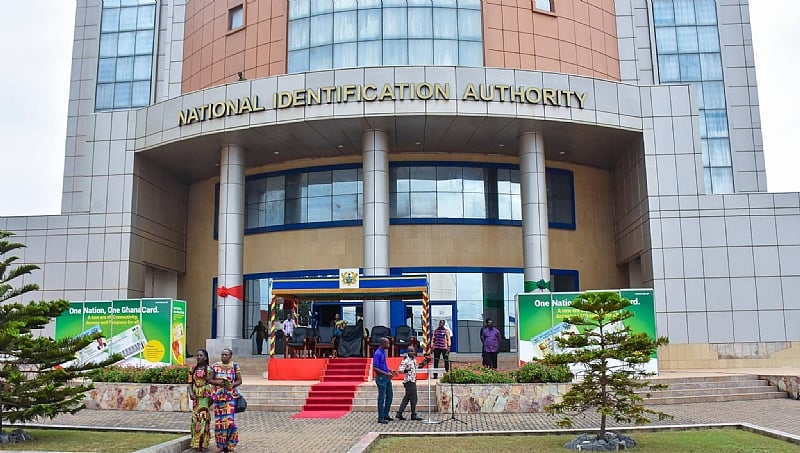The Divisional Executives Council of the Public Services Workers Union (PSWU) of the Trades Union Congress (TUC) Ghana has declared an industrial strike that commenced on October 7, 2024. This significant action follows a series of frustrations voiced by members of the National Identification Authority (NIA) Division regarding the employer’s failure to implement their newly approved scheme of service (SoS). The strike was officially announced in a notice issued by the disgruntled workers on October 6, highlighting their determination to continue their industrial action until the promised scheme of service is fully operationalized. The workers emphasized that their patience has run out, indicating that the lack of progress from the employer has left them no choice but to resort to this decisive step.
In their communication, the aggrieved workers expressed their discontent with the situation, stressing that it represents a severe breach of trust on the part of the management. The SoS, which had been controversially approved by the Public Service Commission (PSC) within an unprecedented two-week timeframe in March, is seen as essential for the welfare and advancement of all union members. The NIA employees believe that management’s unwillingness to move forward with the implementation of the SoS jeopardizes their collective security and progress within the organization.
The announcement of the strike underscores the gravity of the situation, as the Public Services Workers Union is making it clear that they will not return to work until their demands are met. They reiterated their position regarding the necessity of the SoS, which they argue is not merely administrative but fundamentally tied to their work experience and career advancement. The members conveyed a profound sense of betrayal, feeling that their commitment to the organization has been undermined by management’s failure to uphold an agreement that was made for their benefit.
By taking such a bold step, the PSWU members are signaling their unwillingness to accept complacency from their employers. The strike represents a collective voice against what they perceive as negligence and disregard for the workforce’s needs. The workers’ frustration reflects a broader concern within the public sector about the management’s accountability and responsiveness to employee welfare. The union intends to use this action as leverage to prompt management to prioritize the implementation of the SoS and address their grievances effectively.
As the strike unfolds, it remains to be seen how the management of the NIA will respond to the workers’ actions. The consequences of this industrial action could affect not only the operations of the NIA but also the morale of other divisions within the public service. The situation highlights the critical need for dialogue and negotiation between management and employees to prevent such significant disruptions in the future. The union’s steadfast commitment to their cause could serve as a catalyst for broader changes in how employee relations are handled within the public sector.
In conclusion, the industrial action declared by the Divisional Executives Council of the PSWU reflects deep-seated concerns regarding management’s accountability to its workforce. The NIA workers’ determination to strike until the implementation of their newly approved scheme of service signals a pivotal moment in labor relations within the organization. As both sides navigate the complexities of this dispute, a resolution will require mutual understanding and a commitment to fulfilling obligations that prioritize employee well-being and organizational integrity. The outcome of this strike will likely have lasting implications for the public service sector in Ghana, emphasizing the importance of trust and effective communication in addressing employee grievances.


